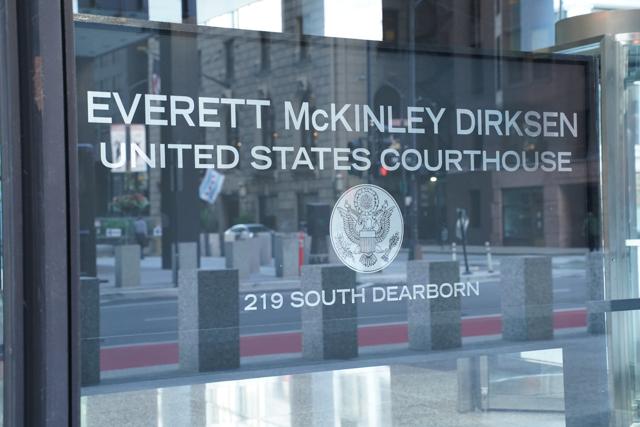CHICAGO—Labar Spann, sitting in a wheelchair next to his attorney, listened as Assistant U.S. Attorney Kavitha Babu accused him of being the leader of the notorious Four Corner Hustlers street gang that for decades reigned on the West Side of Chicago.
“You will enter a world that you otherwise would not have access to, a world of extortions, drug dealing, and murders between the mid-1990s and 2017,” Babu told the jurors during her opening statement on Sept. 20 at the federal courthouse in downtown Chicago.





